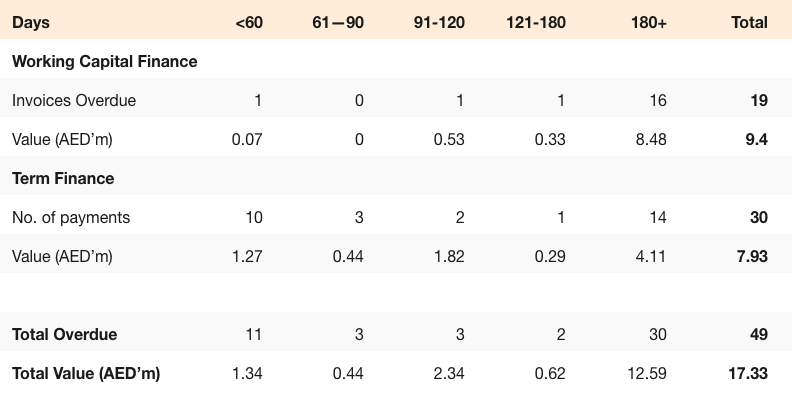Peer-to-peer lending has been around for roughly a decade, sprouting in the U.K. and quickly catching on in the U.S., but it hadnʼt existed in the Middle East until the launch this week of Beehive, a new business that aims at securing financing for small businesses in the United Arab Emirates.
The peer-to-peer lending concept is simple. It cuts out banks and lets people lend directly to one another (or, in this case, to businesses) in exchange for interest payments. Europeʼs biggest peer to-peer lender is called Zopa, which started in 2005; the largest ones in the U.S. are Prosper and Lending Club.
Beehive is in its infancy – there are only a handful of businesses looking for financing on it thus far – but its backers think the peer-to-peer idea could gain traction in the U.A.E., where they say small businesses are underserved by banks and where there are a lot of wealthy folks looking for ways to enhance returns and invest directly in the local economy.

“Good ideas are only good ideas when the timing fits, and the timing seemed right because thereʼs been a lot of talk about [small businesses] and access to funding has always been a big topic,” said Rick Pudner, Beehiveʼs chairman and the former long-time chief executive of Emirates NBD, Dubaiʼs biggest bank.
Over half of U.A.E. small businessesʼ bank-loan applications get denied, Mr. Pudner said, leaving that demand for funding unfilled. Some banks are even consciously moving away from dealing with small businesses, concerned that profits donʼt justify growing risks and costs of compliance with new anti money-laundering regulations globally.
The Middle Eastʼs funding gap is probably in the hundreds of billions of dollars, Mr. Pudner said. Beehive will never have the capacity to fill that alone, but it could be one of a number of new sources of funding that could help address the need, he said. “Itʼs another part of the jigsaw,” he said. Beehive isnʼt regulated by the U.A.E. central bank. Instead, itʼs overseen by regulators in the Dubai Multi Commodities Centre, where it is based. A local bank holds client funds under external administration, Mr. Pudner said, while a legal review was undertaken to make sure investor protection was “as robust as we could possibly make it.”
As for the loans themselves, companies can borrow between 100,000 and 500,000 U.A.E. dirhams ($27,000 to $136,000) for one, two or three-year terms. Targeted returns for investors are 8% to 12% a year, while interest rates for companies vary depending on demand for their debt.
If itʼs successful, Mr. Pudner said Beehive could expand outside the U.A.E. Another move on the horizon is to offer shariah-compliant peer-to-peer lending, he said, a structure that could be popular among Muslim investors wary of paying or receiving interest.

